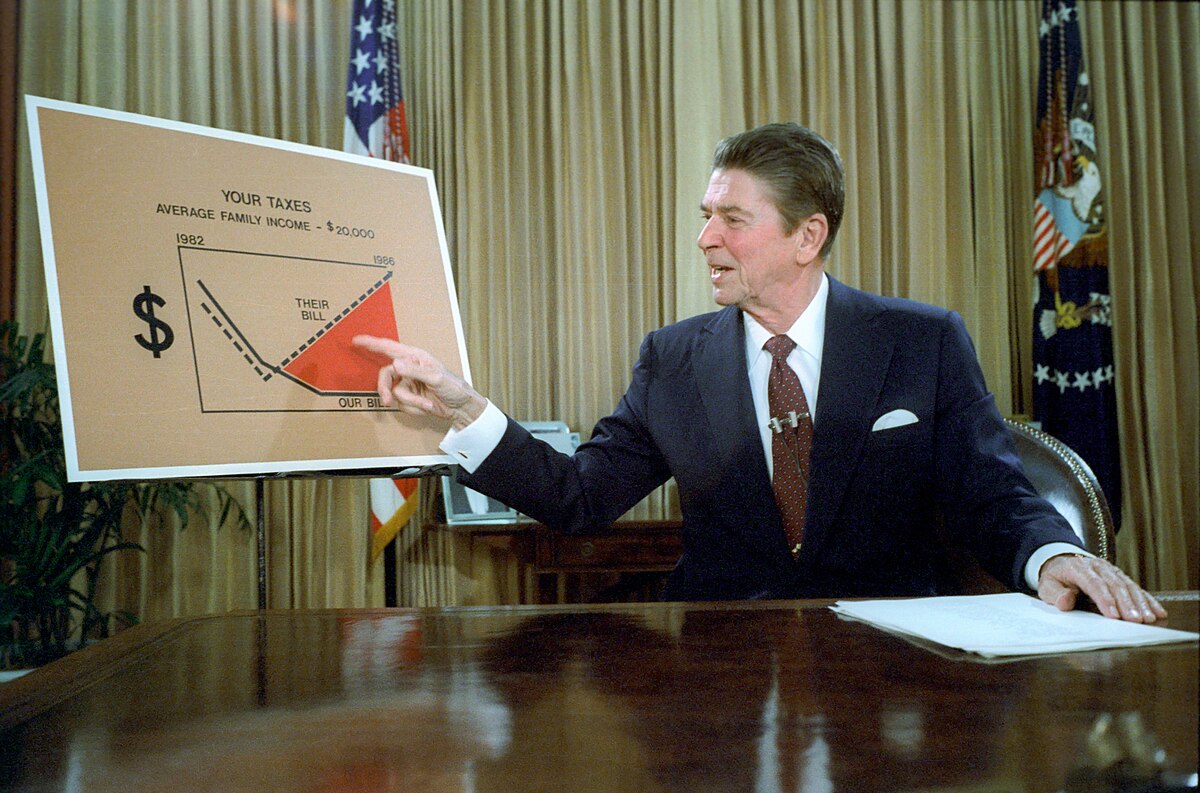Genesis 6:4 begins "There were giants in the Earth in those days"; and there were giants who once served as President of the United States: Thomas Jefferson, George Washington, John Adams, James Madison, Abraham Lincoln, Teddy Roosevelt. But where are the giants now that we need them so desperately?
Bill Clinton and Barack Obama have among the highest IQs of any men ever to serve in the Oval Office, but their talents were wasted in this post-Reagan era of hyper-partisanism, lies and irrational hatreds.
Seems a bit like the Great Man Theory of history. But almost all the liberal periods had big mass movements involved in them.
I don't know how much the American Revolutionary War was a populist effort rather than an elite vs. elite affair, but it needed a lot of recruits. During that war, Thomas Paine once grumbled about
“Summer soldiers and Sunshine patriots” - The American Crisis | American Battlefield Trust
About the Jefferson Era, I don't know how populist Jeffersonian democracy was.
The Jackson Era was populist enough for President Andrew Jackson's detractors to call him "King Mob", with the mass mobilization in his party. Also, around the time his Presidency, property qualifications for voting and public office were abolished in most states.
In the decades before the Civil War was a big antislavery movement, one big enough to be feared by Southern slaveowners and their supporters. In the 1850's, proslavery and antislavery settlers physically fought each other in the then-territory of Kansas, fighting over whether it was to be admitted as a slave state or a free state.
In the first years of the Civil War, Abe Lincoln did not want to seem too opposed to slavery, so as not to alienate states with slaves that remained in the Union. But he eventually decided that antislavery activists were more firm support than wavering border states, and two years into the war, he issued his Emancipation Proclamation, ordering the freeing of all slaves in states that opposed the Union.
The Progressive Era had a lot of activist movements, and was thus much more than Teddy Roosevelt. More direct democracy, women voting, fighting back against corporate corruption, ...
The New Deal Era owed a lot to FDR's leadership, but it had lots of labor-union activism.
The Sixties Era also had a lot of activist movements, and it was also much more than LBJ.
For a successful liberal period, one needs both good political leadership and mass movements. Barack Obama was potentially a great leader, but he flubbed the activism part big time.
Obama’s Lost Army | The New Republic - "He built a grassroots machine of two million supporters eager to fight for change. Then he let it die. This is the untold story of Obama’s biggest mistake—and how it paved the way for Trump."
As we now know, that grand vision for a postcampaign movement never came to fruition. Instead of mobilizing his unprecedented grassroots machine to pressure obstructionist lawmakers, support state and local candidates who shared his vision, and counter the Tea Party, Obama mothballed his campaign operation, bottling it up inside the Democratic National Committee. It was the seminal mistake of his presidency—one that set the tone for the next eight years of dashed hopes, and helped pave the way for Donald Trump to harness the pent-up demand for change Obama had unleashed.
“We lost this election eight years ago,” concludes Michael Slaby, the campaign’s chief technology officer. “Our party became a national movement focused on general elections, and we lost touch with nonurban, noncoastal communities. There is a straight line between our failure to address the culture and systemic failures of Washington and this election result.”
They threw away what they had.
Instead of calling on supporters to launch a voter registration drive or build a network of small donors or back state and local candidates, OFA deployed the campaign’s vast email list to hawk coffee mugs and generate thank-you notes to Democratic members of Congress who backed Obama’s initiatives. As a result, when the political going got rough, much of Obama’s once-mighty army was AWOL. When the fight over Obama’s health care plan was at its peak, OFA was able to drum up only 300,000 phone calls to Congress. After the midterm debacle in 2010, when Democrats suffered their biggest losses since the Great Depression, Obama essentially had to build a new campaign machine from scratch in time for his reelection effort in 2012. (Plouffe and Messina declined requests to speak about Movement 2.0; Axelrod, Podesta, and Rouse said they had no comment.)
Having to rebuild a campaign organization from scratch? That's a huge failure of the Obama Admin.
The Right responded with its "tea party" movement, a movement that was not afraid of claiming that Obamacare has "death panels", a movement that eventually supported Donald Trump.



